20 Worst Actors of All Time, According to Fans
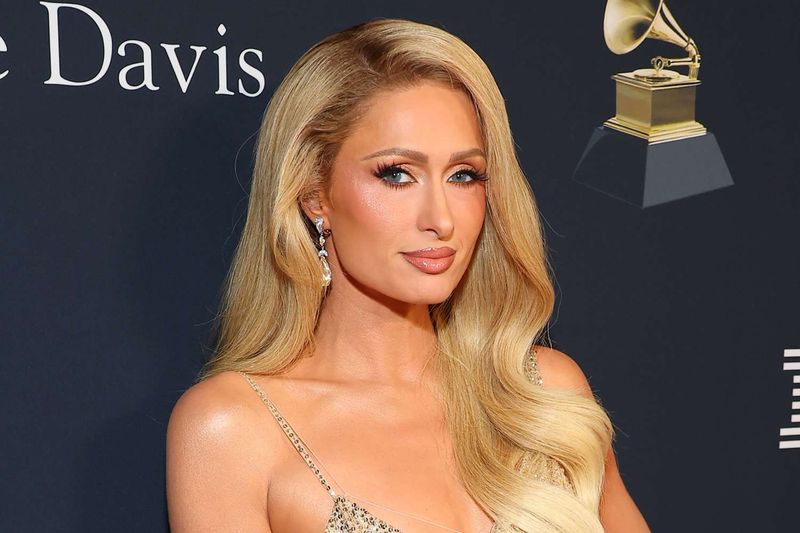
Hollywood is filled with talented performers who captivate audiences with their skills. However, not everyone who makes it to the big screen possesses the acting chops fans expect. Some actors have gained notoriety for their wooden performances, limited range, or inability to convey authentic emotions. Fan forums, critic reviews, and social media discussions have created an unofficial consensus about which performers consistently miss the mark.
1. Tommy Wiseau
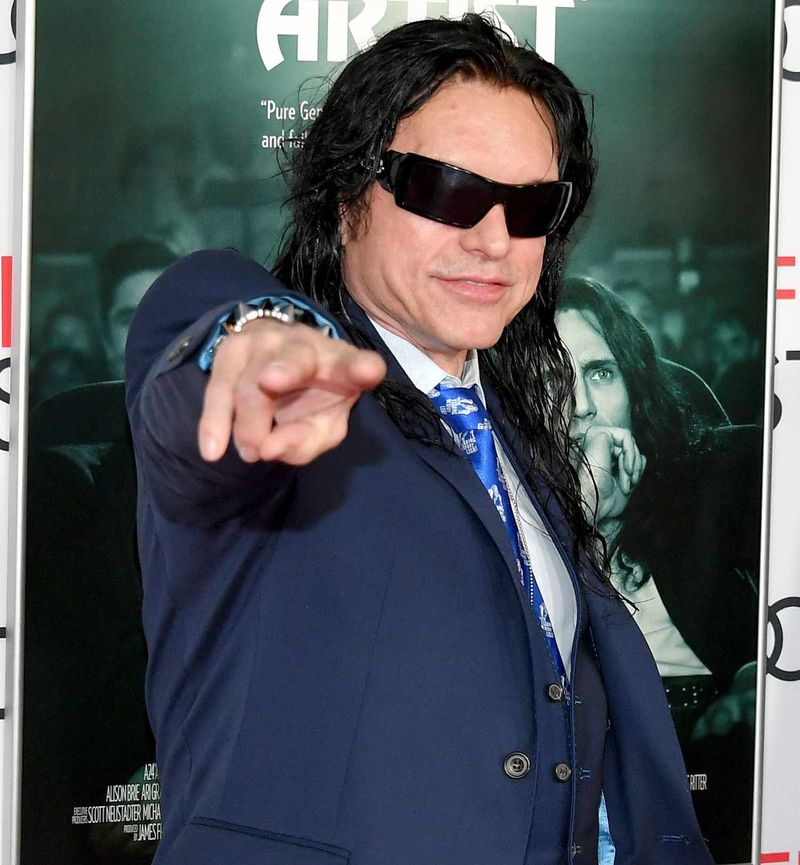
Creator of cult classic “The Room,” Tommy Wiseau tops many worst-actor lists for his bizarre performance style. His awkward line delivery, unusual accent, and complete lack of emotional timing make his acting uniquely terrible.
Fans often quote his infamous lines like “You’re tearing me apart, Lisa!” – not for their power, but for their unintentional comedy. What makes Wiseau special is his absolute confidence despite his limitations.
Despite becoming the poster child for bad acting, he’s embraced his reputation and gained a dedicated following who celebrate his peculiar approach to filmmaking.
2. Bella Thorne

While Bella Thorne has built a successful career post-Disney, critics frequently highlight a perceived lack of depth in her performances, citing minimal emotional variation and a tendency toward repetitive facial cues.
Her transition from child star to adult roles has been rocky, with many fans noting she seems to play herself rather than fully inhabiting characters. Movies like “Amityville: The Awakening” and “Midnight Sun” showcase her struggles with convincing delivery.
While she maintains a strong social media presence, her acting abilities continue to draw negative reactions from viewers who feel she hasn’t developed her craft.
3. Kirk Cameron
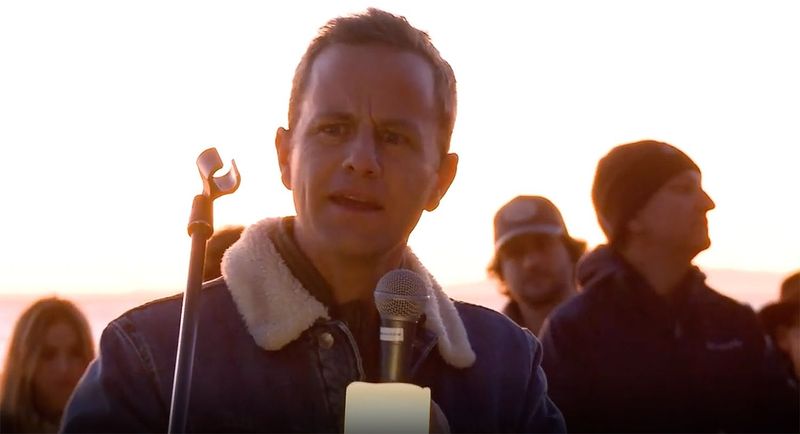
Once a teen heartthrob on “Growing Pains,” Kirk Cameron’s later career choices have led to performances widely panned by mainstream audiences. His religious-themed movies like “Fireproof” and “Saving Christmas” showcase stiff delivery and preachy tones that fail to connect.
Cameron’s acting appears constrained by his commitment to only taking roles that align with his personal beliefs. This self-imposed limitation has resulted in performances that feel one-dimensional and forced.
Fans note his inability to convey authentic emotion, with many scenes coming across as awkward public service announcements rather than compelling drama.
4. Tara Reid
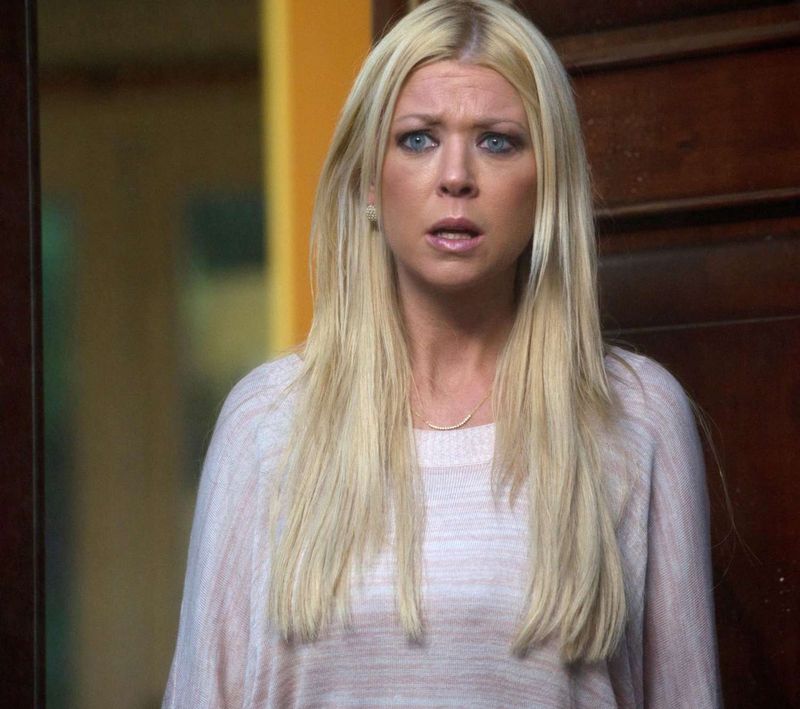
Rising to fame in the late 90s with “American Pie,” Tara Reid’s acting career took a nosedive with critically panned performances. Her work in the “Sharknado” franchise cemented her reputation for wooden delivery and unconvincing reactions to even the most outlandish scenarios.
Reid struggles with emotional depth, often appearing disconnected from the material. Her line readings frequently come across as flat or overly dramatic without the nuance needed for believability.
While some fans appreciate her campy approach to B-movies, critics consistently highlight her inability to elevate even low-budget material beyond its limitations.
5. Paris Hilton
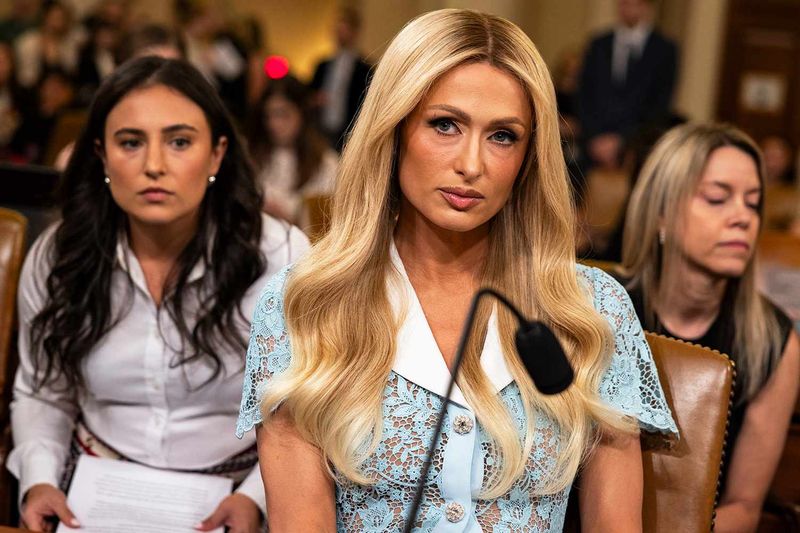
Hotel heiress turned reality star Paris Hilton’s forays into acting have been universally criticized. Her performance in “House of Wax” earned her a Razzie Award, highlighting her monotone delivery and apparent disinterest in the craft.
Hilton’s acting trademark is a flat affect regardless of what’s happening in the scene. Whether facing danger or expressing joy, her limited range results in the same vacant expression and disengaged tone.
Unlike some bad actors who try too hard, fans note Hilton’s main problem seems to be not trying at all, bringing her reality TV persona to roles that demand actual character development.
6. Jenny McCarthy
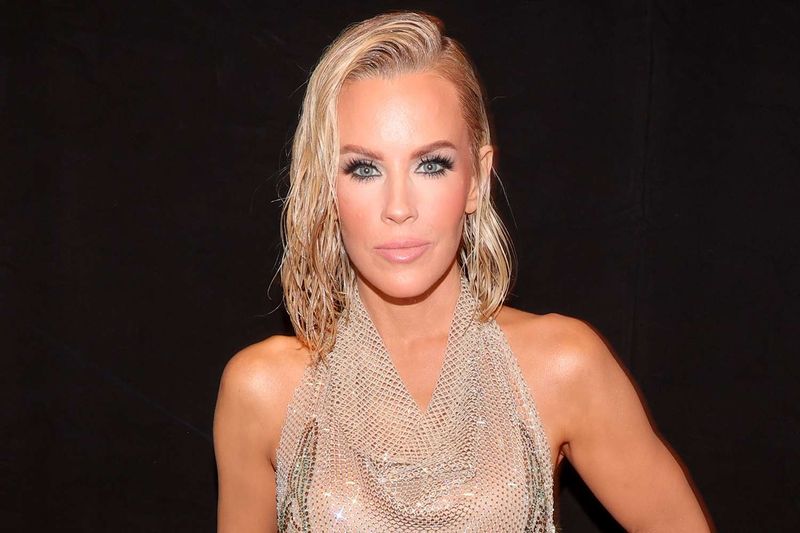
The move from modeling to acting proved difficult for Jenny McCarthy, whose exaggerated style in films such as Dirty Love exposed notable shortcomings in both her comedic timing and her ability to convey nuance.
McCarthy’s acting style relies heavily on mugging for the camera and physical comedy that often feels desperate rather than genuinely funny. Her dramatic scenes suffer from a lack of authenticity, with emotions that appear manufactured rather than organic.
Fans particularly criticize her tendency to shout lines rather than deliver them with appropriate emotional context.
7. Jaden Smith
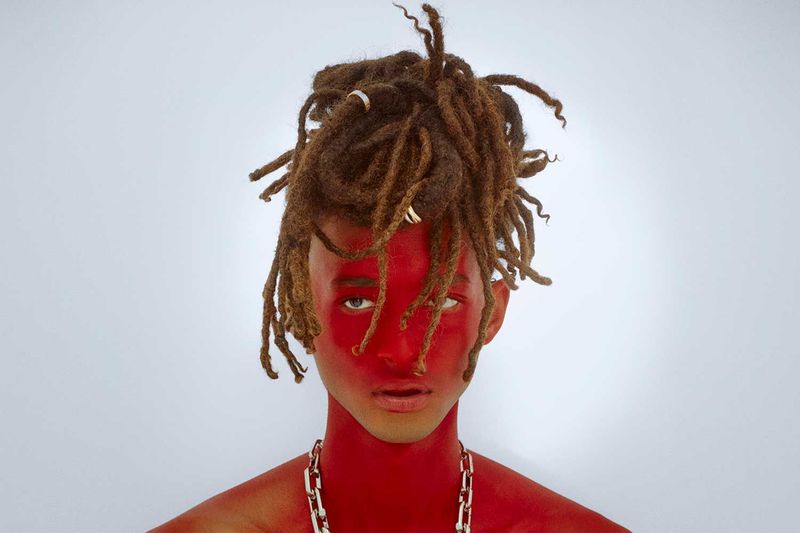
Son of Will Smith, Jaden has faced harsh criticism for his monotonous delivery and limited emotional range. His performance in “After Earth” became a prime example of his struggles, with critics noting his inability to convey fear, wonder, or any emotion convincingly.
Young Smith’s acting often comes across as self-conscious and stiff. Rather than inhabiting characters, he seems perpetually aware of the camera, creating a disconnect that breaks audience immersion.
While some attribute his wooden performances to youth and inexperience, fans point out that many child actors display far more natural talent and authenticity at similar ages.
8. David Hasselhoff
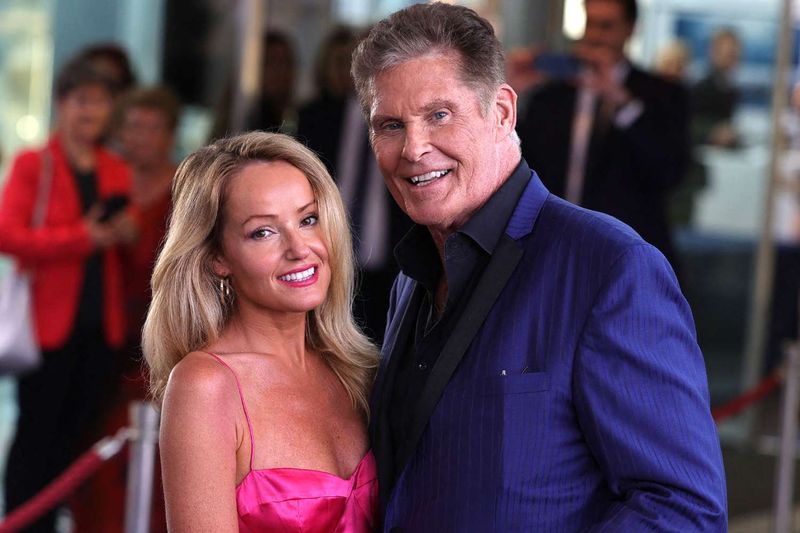
The “Baywatch” star built a career more on charisma than acting prowess. Hasselhoff’s performances typically feature the same expressions and mannerisms regardless of the role, creating a one-note quality that fans find limiting.
His self-awareness about his limitations has led to numerous self-parodying roles. While this approach works for cameos, it fails to showcase any depth or range when he takes on leading parts.
German audiences embraced his musical career while American viewers remain puzzled by his acting choices. His wooden delivery in dramatic scenes has become a running joke among fans who recognize his entertainment value comes from his personality, not his acting skills.
9. Gary Busey
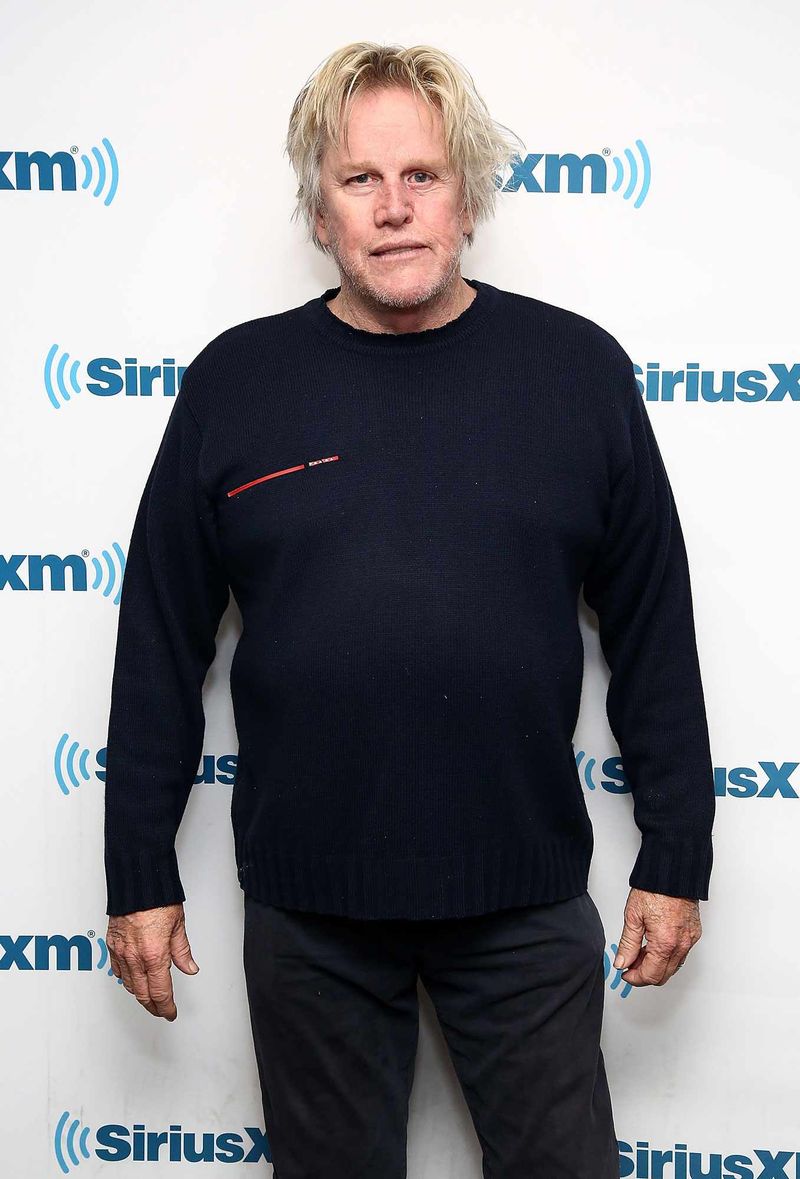
Once considered a promising actor with an Academy Award nomination, Gary Busey’s later career has been marked by bizarre, over-the-top performances. Following a serious motorcycle accident in 1988, his acting style changed dramatically, becoming erratic and unpredictable.
Busey’s modern performances feature wild-eyed intensity regardless of what the scene requires. His line deliveries often feel improvised and disconnected from the script, creating jarring moments that take viewers out of the story.
While some directors utilize his unpredictability for intentionally strange characters, fans note that his inability to modulate his performances makes him a one-trick actor in recent decades.
10. Kevin Sorbo
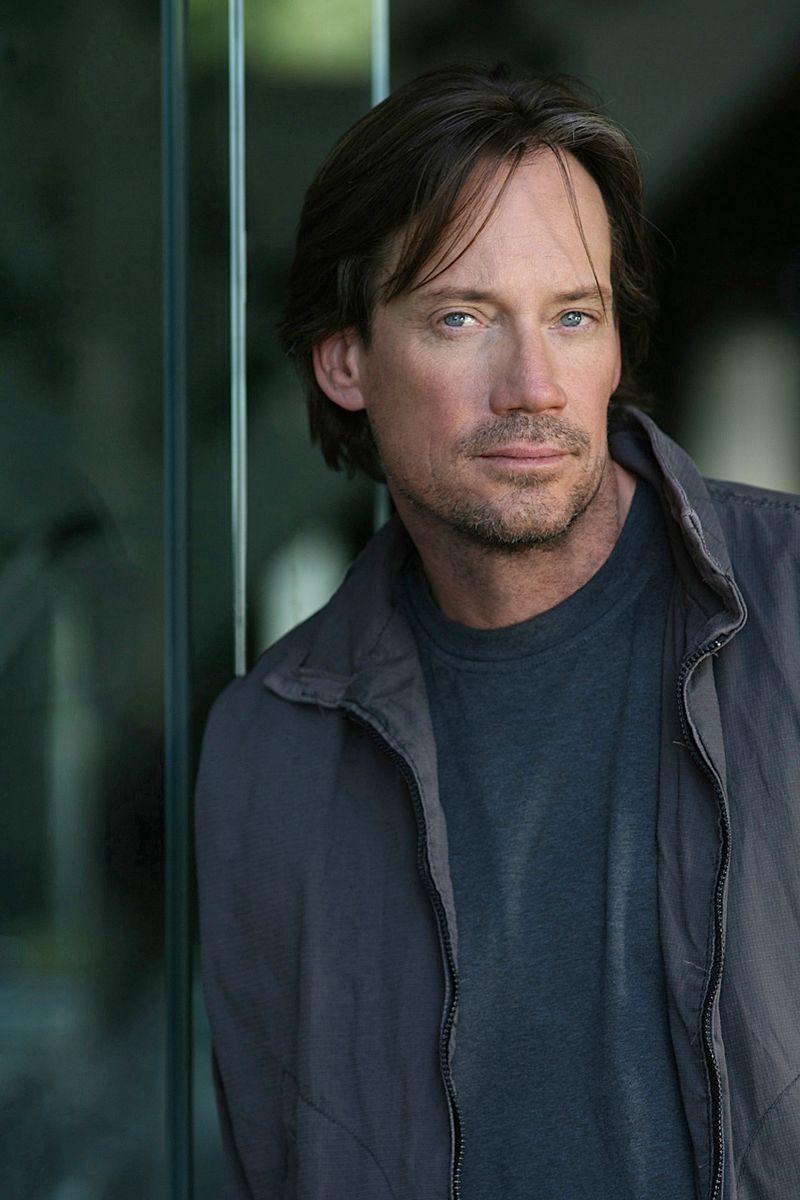
These days, Kevin Sorbo’s performances—largely in faith-driven or low-budget productions—tend to feature more jaw clenching than actual acting, as if emotional nuance can be conveyed solely through intense eyebrow work.
Sorbo’s delivery often sounds like he’s reading lines for the first time, with awkward pauses and emphasis on the wrong words. His dramatic moments tend to come across as forced, lacking the subtlety needed for convincing character development.
Fans note that while he had charm in his early TV roles, his current work suffers from a combination of poor script choices and a seemingly disinterested performance style.
11. Macaulay Culkin
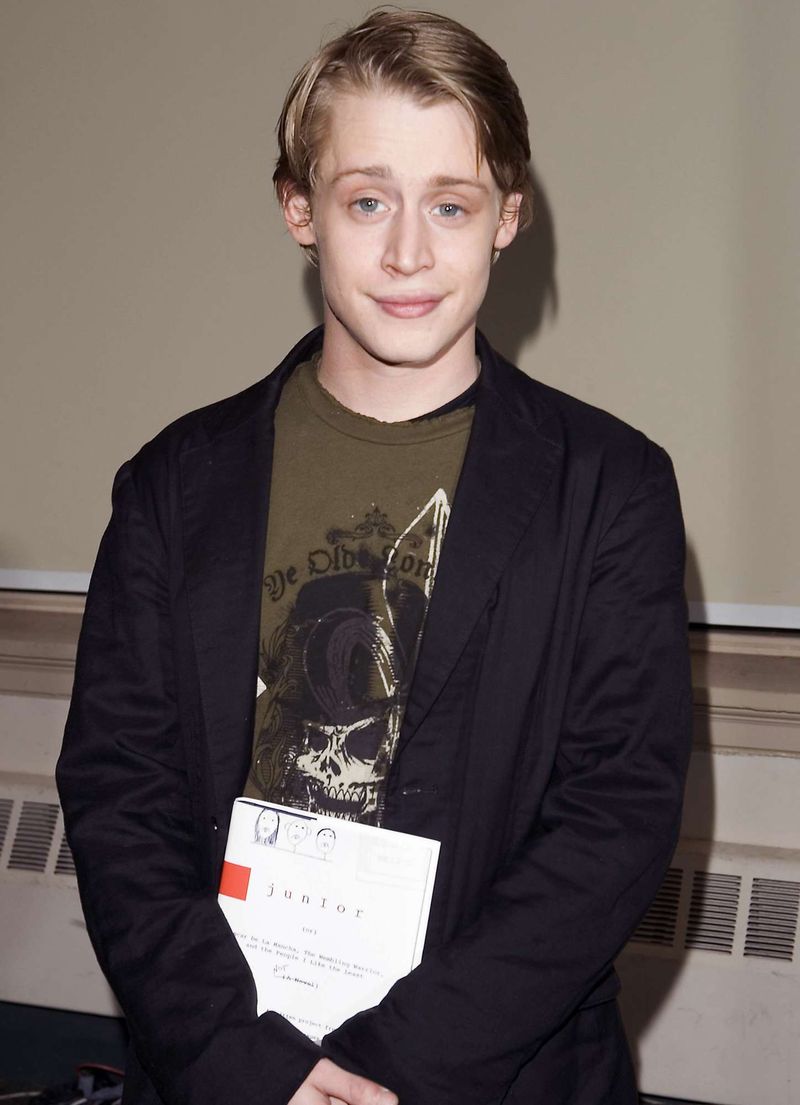
Stardom came early for Macaulay Culkin, but the spotlight that once bathed him in golden charm dimmed with age, revealing an actor whose adult roles feel awkwardly lit—tentative, uncomfortable, and lacking his childhood ease.
Culkin’s adult acting suffers from a flat affect and limited emotional range. Movies like “Party Monster” showcase his struggles with creating fully realized characters beyond his familiar persona.
Many fans point to the pressures of early fame as contributing to his stilted adult performances. While he’s found a niche in quirky, self-referential roles, his straight dramatic work continues to draw criticism for its lack of depth.
12. Tom Arnold
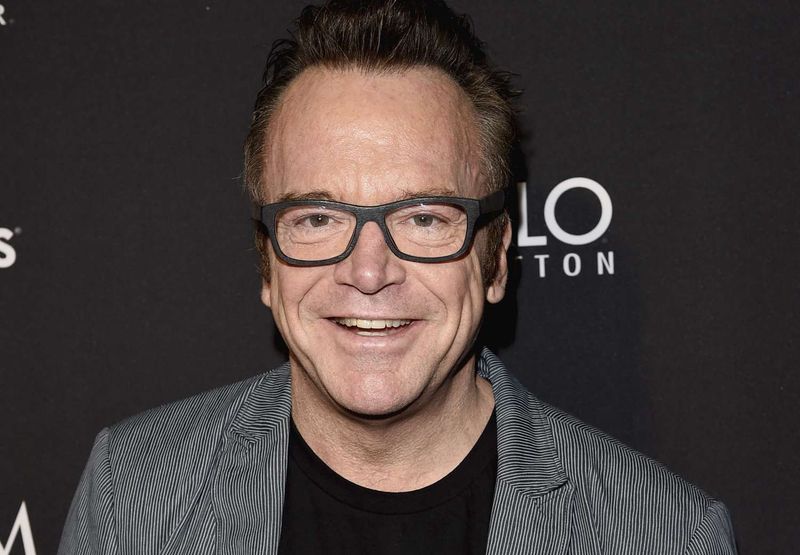
For Tom Arnold, every role seems to demand a bullhorn and flailing arms—even when it doesn’t. His acting career has struggled to move beyond the boundaries of his hyperactive comedic persona, often defaulting to loud deliveries and exaggerated gestures.
Arnold’s dramatic attempts often fall flat due to his one-speed delivery style. When required to convey serious emotions, he appears uncomfortable and reverts to the same manic energy he uses for comedy.
Fans note that even in his better films like “True Lies,” he essentially plays an exaggerated version of himself rather than creating a distinct character. This limited range has relegated him primarily to supporting comic relief roles.
13. Frankie Muniz
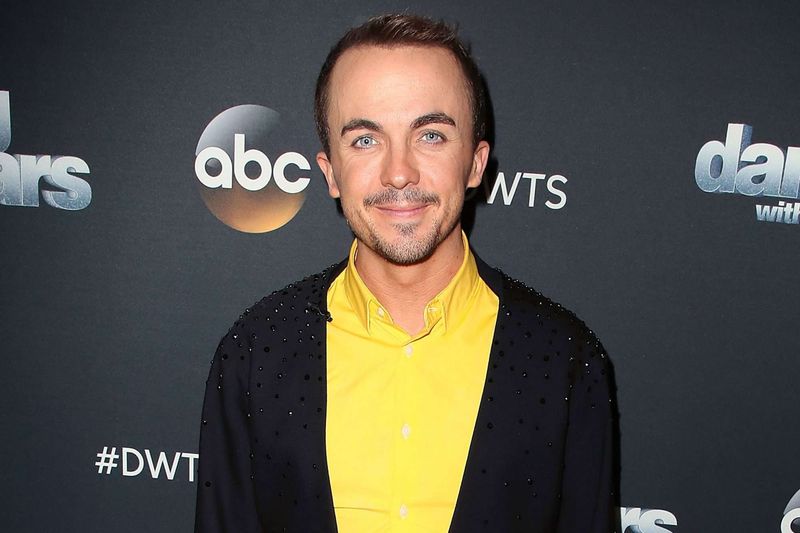
Star of “Malcolm in the Middle,” Frankie Muniz struggled to translate his sitcom success to film. His movie performances often came across as one-dimensional, with the same wide-eyed expression used for every emotional situation.
Muniz’s limited range became apparent in films like “Agent Cody Banks,” where his delivery remained flat regardless of the action surrounding him. His inability to convey authentic emotions beyond mild surprise or confusion hampered his transition to more mature roles.
Health issues later affected his memory of filming, which may explain some performance inconsistencies. Most fans agree his acting never evolved beyond the cute kid persona that made him famous.
14. Brendan Fraser
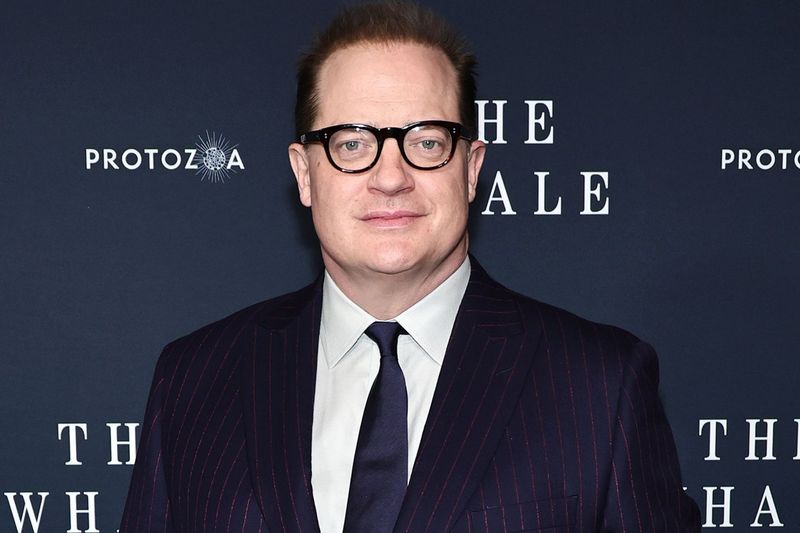
Before his recent career renaissance, Brendan Fraser developed a reputation for hammy, over-the-top performances that missed the mark. His work in films like “Furry Vengeance” and “Extraordinary Measures” featured cringe-worthy moments of forced emotion.
Fraser’s acting often relied on physical comedy and exaggerated facial expressions rather than nuanced character work. When attempting serious drama, his delivery could veer into melodrama, breaking audience immersion.
While fans celebrate his comeback with more restrained performances in recent years, his filmography contains numerous examples of acting choices that failed to connect with viewers on an authentic level.
15. Corin Nemec
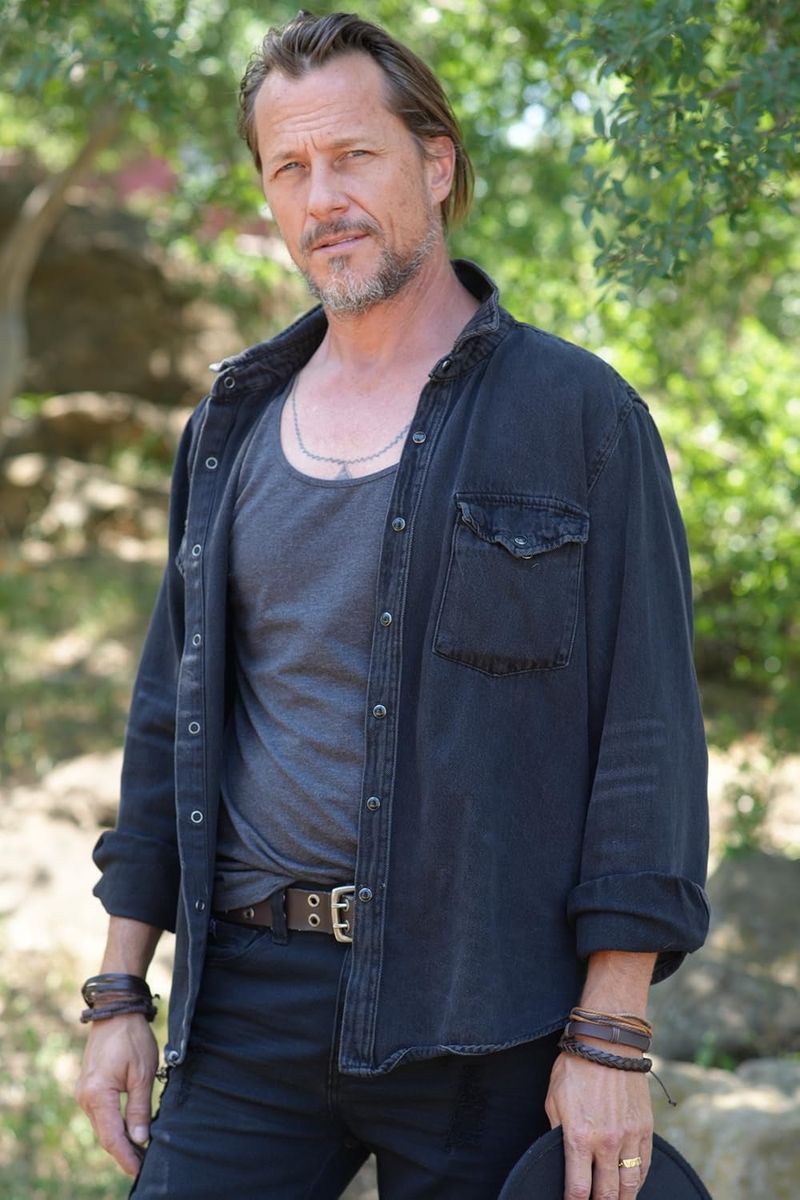
Best known for the 90s series “Parker Lewis Can’t Lose,” Corin Nemec later became a staple of low-budget sci-fi and horror films that showcased his limited range. His performances typically feature the same expression and vocal tone regardless of whether his character is facing an alien invasion or having a casual conversation.
Nemec’s acting suffers from a mechanical quality that prevents emotional connection. His line readings often sound rehearsed rather than natural, creating a distance between the character and audience.
SyFy Channel movie fans particularly note his tendency to underreact to extraordinary circumstances, maintaining the same mild concern whether facing a giant shark or apocalyptic disaster.
16. Adrien Brody
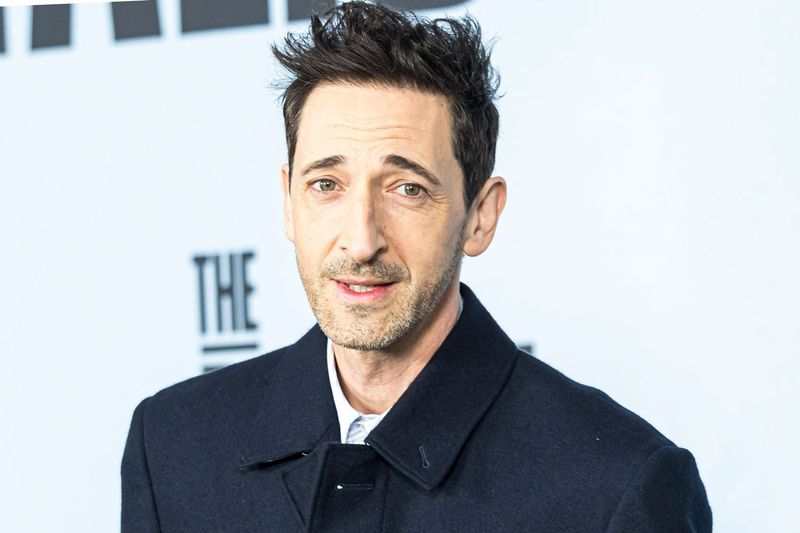
Despite an Oscar win for “The Pianist,” Adrien Brody frequently appears on fan lists of disappointing actors. His post-Oscar career has been marked by performances that rely heavily on the same bag of tricks – intense stares, whispered lines, and exaggerated physical mannerisms.
Brody’s acting often feels calculated rather than authentic. Movies like “Predators” and “King Kong” showcase his tendency to overact in action sequences while remaining oddly detached during emotional moments.
Fans point to his seeming self-consciousness on screen, as if he’s always aware he’s acting rather than truly inhabiting characters. This awareness creates a barrier that prevents many viewers from fully engaging with his performances.
17. Paula Patton
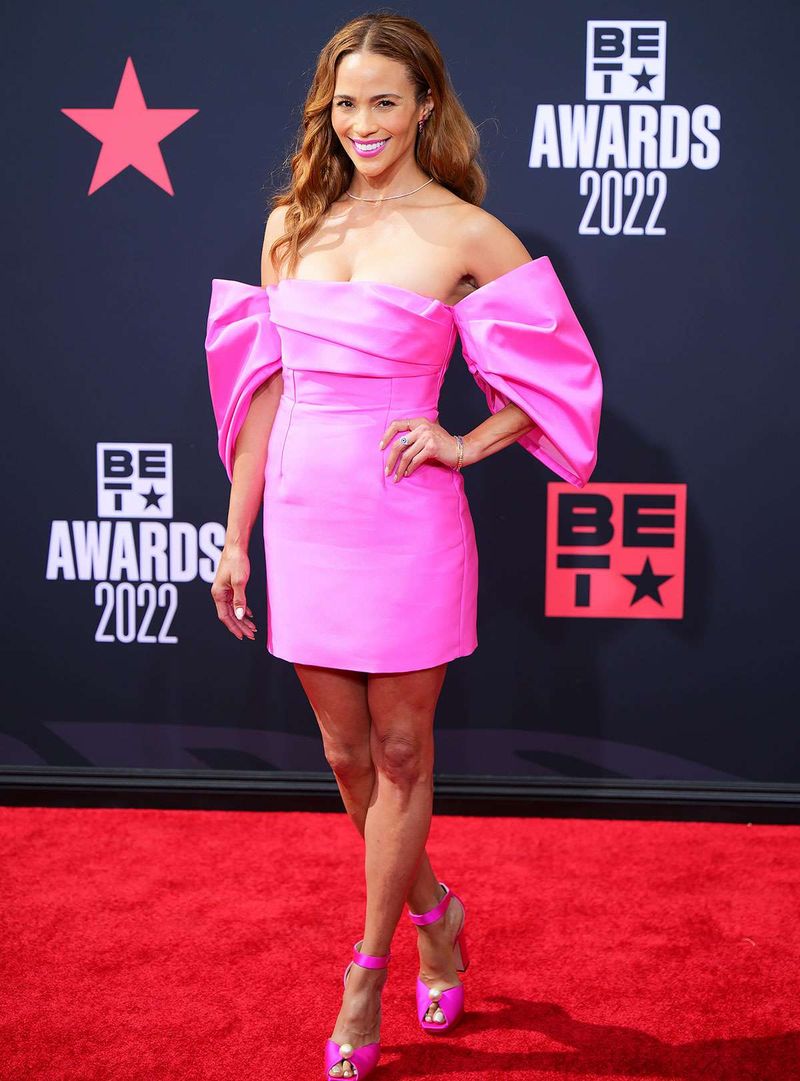
Actress Paula Patton has faced criticism for performances that swing between wooden and wildly overacted. Her work in films like “Warcraft” showcases an inability to find the right emotional tone for scenes, resulting in awkward moments that break audience immersion.
Patton’s dramatic scenes often feature forced tears and exaggerated expressions that feel inauthentic. Action sequences similarly suffer from unconvincing reactions and stilted movement that remind viewers they’re watching someone pretend.
While she possesses undeniable screen presence, fans note that her technical acting skills – timing, emotional modulation, and believable reactions – consistently fall short in roles that demand more than basic line reading.
18. Hayley Hasselhoff
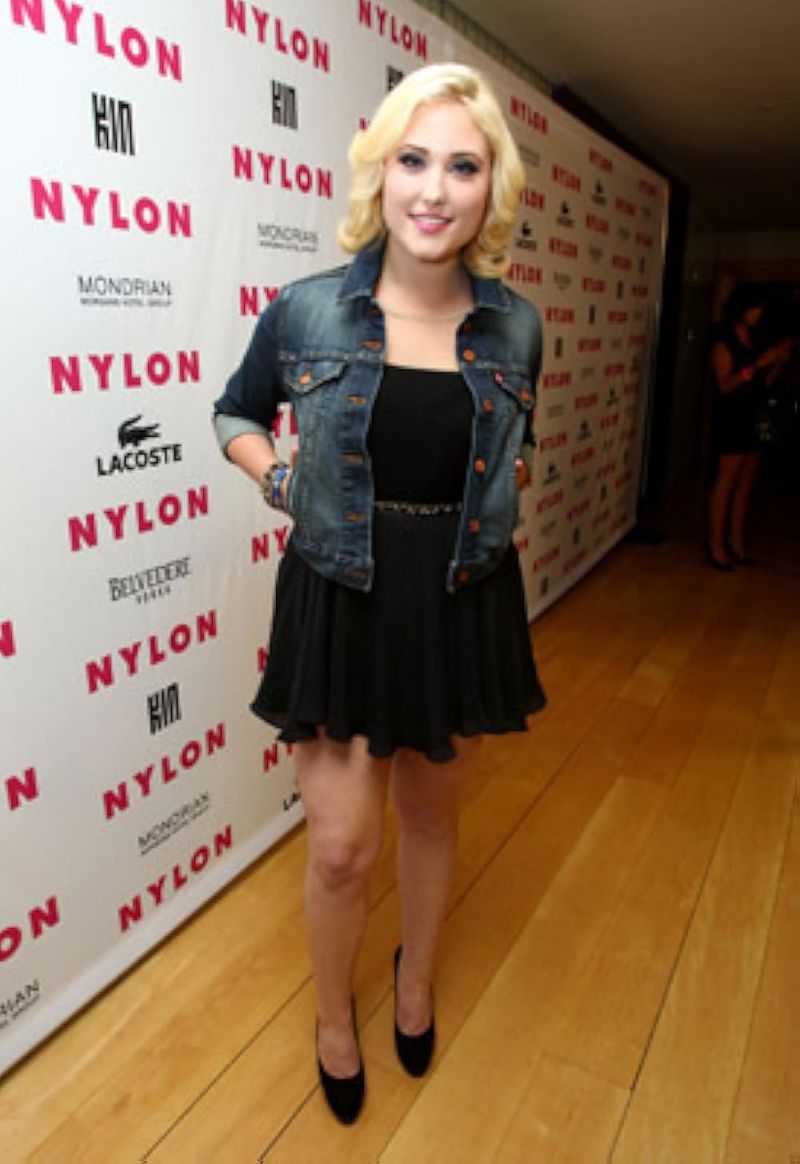
Carrying the weight of a famous surname, Hayley Hasselhoff has found it challenging to step out of her father David’s shadow. Performances in projects like Sharknado 4 expose a limited emotional range and a delivery that often feels stilted and unconvincing.
Hasselhoff’s acting often appears self-conscious, with a stiffness that suggests she’s thinking about the lines rather than living in the moment. Her reactions to dramatic situations come across as rehearsed rather than authentic responses.
While she’s found more success as a model, her acting continues to draw criticism for its one-note quality and inability to create distinct characters beyond variations of herself.
19. Taryn Manning
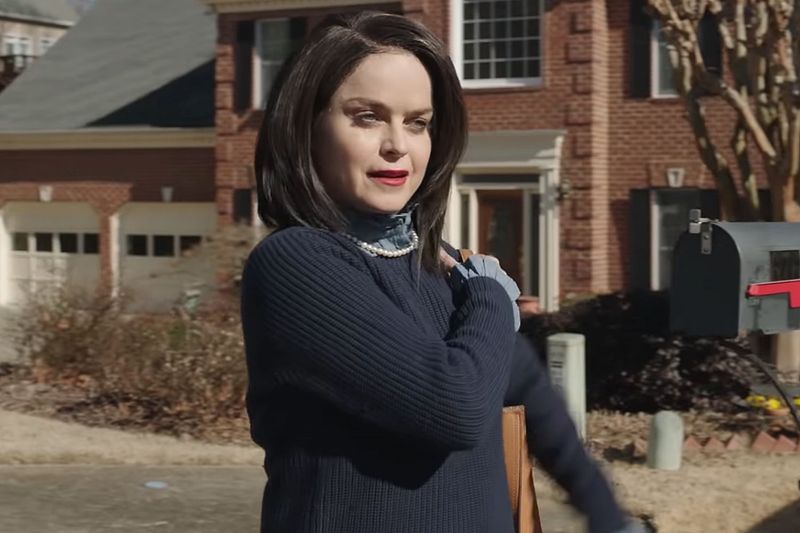
Known for “Orange Is the New Black,” Taryn Manning’s performances outside the series have been criticized for their inconsistency and tendency toward overacting. Her independent film work often features jarring tonal shifts that break character believability.
Manning’s acting sometimes veers into caricature, particularly when portraying troubled or eccentric characters. Rather than finding subtle ways to convey complexity, she relies on obvious tics and exaggerated mannerisms that feel calculated rather than organic.
Fans note that while she occasionally delivers compelling moments, her inability to maintain consistent characterization throughout a performance undermines her effectiveness in carrying films.
20. Rob Schneider
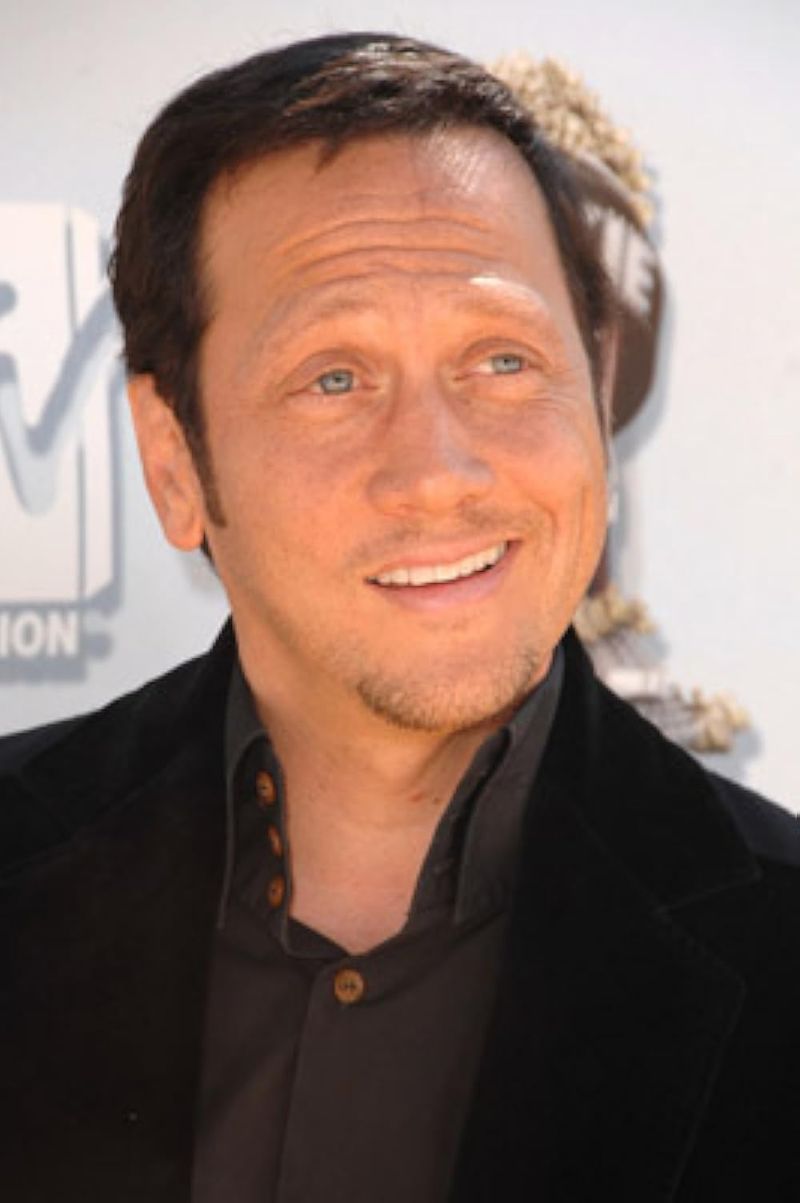
Former SNL cast member Rob Schneider has built a career on one-note characters delivered with minimal variation. His leading roles in films like “Deuce Bigalow” and “The Animal” showcase his limited range and reliance on the same mugging expressions.
Schneider’s performances typically involve speaking in funny voices or adopting exaggerated mannerisms rather than creating fully realized characters. When required to carry dramatic moments, his delivery often feels forced and insincere.
Critics particularly note his tendency to resort to racial stereotypes and broad physical comedy when his limited acting tools fail to generate authentic laughs through character development or timing.

Comments
Loading…